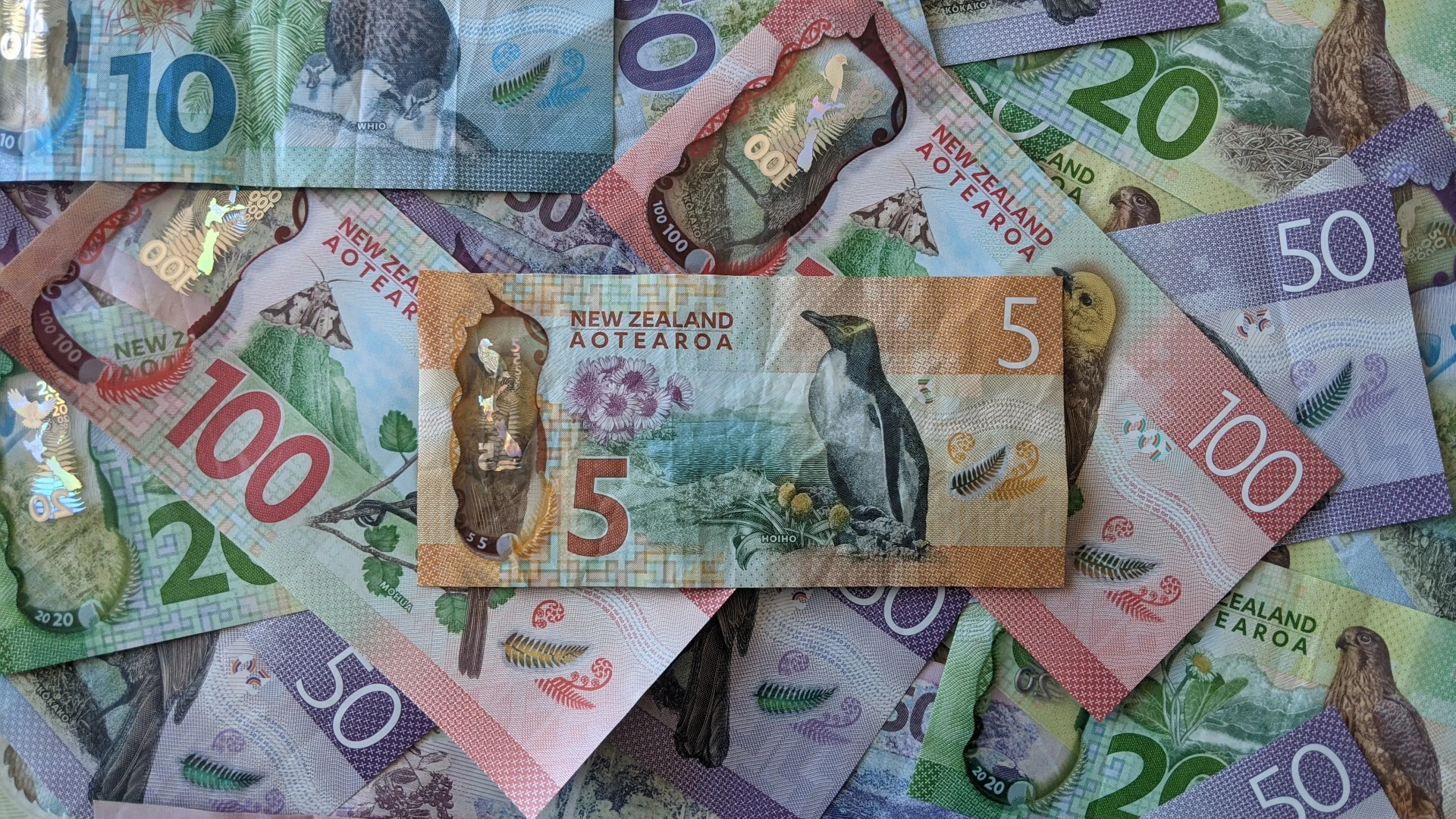
Get prepared: how to survive a recession
Do you panic a little bit every time you hear the word “recession” in the news - but aren’t quite sure what to do about it?
If so, you’re not alone… it’s something on the minds of many women, but it can be hard to know exactly what steps to take to address it.
Here at the Table, we know that a little more knowledge and preparation can help empower women to improve their financial wellness and take on the financial ups and downs of the world. So if you’re not really sure what it’s all about… let’s get this whole recession thing demystified.
What is a recession?
A recession is a major, widespread downturn in economic activity that usually goes on for at least six months. New Zealand’s economy experienced a brief downturn in 2020 due to the Covid-19 pandemic, but our last major recession was during the 2008-2009 Global Financial Crisis (GFC), lasting one and a half years. Facing a lower economic output, many businesses closed, industries experienced significant slumps and sadly, some people lost their homes and savings.
I know that all sounds a bit terrifying… but keep reading to see why it’s not all doom and gloom.
Is another recession coming?
Economists believe that a global recession will take place in 2023. Here in Aotearoa, the Reserve Bank has predicted a year-long recession will begin in mid-2023. Luckily, they’re also forecasting that it will be mild, so we shouldn’t be seeing impacts as extreme as those in the GFC.
What should I do to get ready for a recession?
While the spectre of a recession on the horizon can create a lot of fear, and while they do have many real-world impacts, it’s important to remember that many people get through them without too much drama.
So, first things first, don’t panic! Easier said than done, we know, but you’ve got this!
Continue to budget well and if you can, it’s a great time to get ready by putting away some extra savings or paying off debt. You can start small, even if that means saving an additional $20 or paying a little more off a loan. Crazy, huge goals aren’t necessary - the best type of plan is one that’s realistic for you.
You might also want to mentally prepare to see investments like your KiwiSaver fluctuate in a recession. In times of economic uncertainty, people can go into a full-on doom spiral when they see a declining balance, which is totally understandable! However, while it’s scary to see those numbers go down, it’s all part of the cycle and in the majority of cases, they will bounce back. After all, they say the economy is like a marathon runner - it may slow down for a bit, but it will pick up the pace again sometime!
What’s more, an investment like KiwiSaver is actually one of the best places for your money in a recession because it means your risk is spread across a diverse investment portfolio. Just make sure that you are in the right fund for your situation. If you’d like any guidance on that, consider switching your KiwiSaver account to Mercer. This will give you access to free advice from the Mercer Financial Advice team, who can ensure you’re in the correct fund for you - and help you get the most from your money.
Share the love with women in your life
By getting financially lit, you’re one step closer to living life on your own terms: and there’s nothing better than that! Embrace your inner money master and take charge of your financial wellbeing - in turn, this will help you handle any economic challenges the future may hold.
If this article has helped demystify the “R” word for you, share it with your mum, sister, aunty, daughter, partner or a friend! Together, we can help women get financially lit and have incredible, financially abundant futures.
The above article is general information and does not purport to give financial advice. The Mercer KiwiSaver scheme and Mercer FlexiSaver are issued by Mercer (N.Z.) Limited. Product Disclosure Statements are available free of charge at seatatthetable.co.nz.

